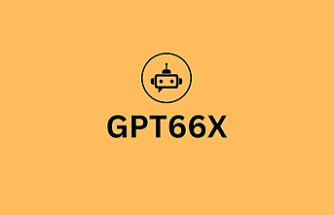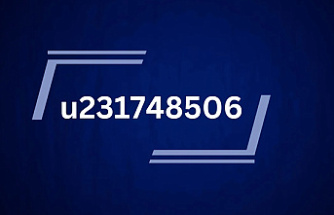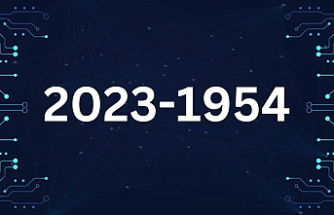DETROIT, Tesla has sent a recall to fix a safety issue in its electric cars. This appears to be a prelude for a confrontation with U.S safety regulators.
However, recall documents posted to the National Highway Traffic Safety Administration website Tuesday do not address another safety concern. The agency demanded that Tesla clarify why it was not recalling safety-related software upgrades made over the internet.
Nearly 12,000 Teslas are affected by the recall. The problem is due to a bug in "Full Self-Driving" software, which can cause the cars to stop without any reason. According to the company, the problem with automatic emergency brake can make Teslas more vulnerable to being hit from behind by other vehicles.
Public recalls allow owners to make sure repairs are made and inform potential buyers about safety issues. The NHTSA can also use this to ensure that the recall addresses the safety concern. If automakers fail to issue recalls in a timely manner or don't address all the issues, the agency can fine them.
All four Tesla models are covered by the recall: the S, X and Y. Tesla documents state that a software update was sent Oct. 23 to correct the problem.
According to company documents, Tesla began receiving reports from owners about phantom brakes the day after. The company claims that it cancelled any further updates and reverted to the previous version within hours. Some vehicles were unable to use emergency brakes.
The company discovered the problem was caused by a communication break between two computers chips on Oct. 24. According to documents, it developed a new software update to correct the problem and sent it to customers on Oct. 25. According to the documents, the company stated that it had voluntarily consented to a recall being conducted on October 26.
This move seems to indicate that Tesla will now issue a recall when it releases software updates to address safety issues. This sets an example for other automakers to follow.
Tesla was contacted by regulators on Oct. 12 to explain why it didn't recall vehicles after it had sent a software upgrade to correct a problem in its Autopilot partially automated driver system. This update addressed the detection of emergency vehicles that were parked on roads while crews responded in crash situations.
After receiving reports of several crashes into emergency vehicles, the NHTSA began an investigation into Autopilot in August. This investigation covers almost all Tesla vehicles sold in the United States since the beginning of the 2014 model year. One person was killed and 17 were injured in the 12 crashes.
Tesla had until Monday to respond to the recall request for the Autopilot update. NHTSA hadn't posted any documents detailing Tesla’s response as of Tuesday morning.
According to the agency, conversations continue with Tesla "to ensure any safety defect is promptly recognized and addressed pursuant to the National Traffic Motor Vehicle Safety Act." It didn't specify if Tesla had responded to questions about the Autopilot software upgrade.
Early Tuesday, Tesla representatives were reached by messages.
In September, Tesla released a software update that was designed to improve detection of emergency vehicles lights in low light conditions. According to the safety agency, Tesla is aware of federal law that requires automakers recall vehicles if they discover safety problems.
Tesla claims that Autopilot and Full Self-Driving are driver-assist systems. They cannot drive by themselves, despite their names. According to Tesla, drivers must be available to intervene at all times.
Tesla drivers were "beta-testing" the "Full Self-Driving” software on public roads. NHTSA has also asked for information from Tesla, with a request that testers not divulge information.












